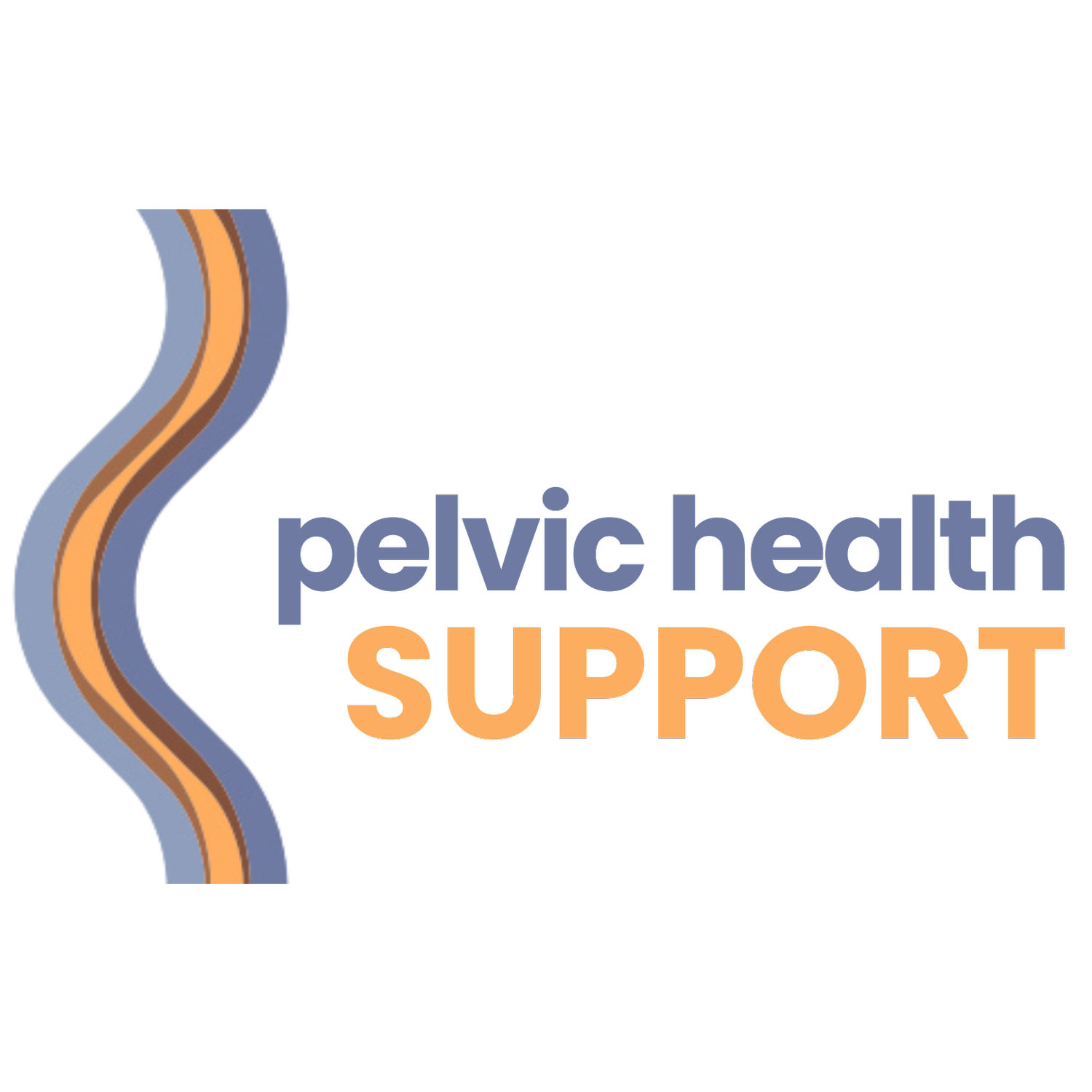Understanding Sexual Health Solutions for Low Desire
Download your PDF copy of this handout by clicking this button:
Understanding Sexual Health Solutions for Low Desire
What is Female Sexual Dysfunction (FSD)? FSD means that you may have problems with desire, getting aroused, or reaching orgasm. Many women experience this, and it’s important to know it’s normal and treatable.
Why Does This Matter?
Talking about sexual health can be hard. But your sexual health is just as important as any other part of your health! Sometimes, the issue can be in your brain or body, and there are things we can do to help.
What Can Help?
Acute Medications (Taken before sex)
Testosterone: This hormone can help increase desire and arousal. You can take it as a pill, gel, or liquid 2-4 hours before sexual activity.
Bremelanotide (Vyleesi): This medicine works in your brain to help you feel more desire. It can be injected or taken as a lozenge 1-2 hours before sex.
Oxytocin: Known as the "bonding hormone," this helps you feel closer to your partner and improves orgasm. Take it as a lozenge or nasal spray 30-60 minutes before sex.
PDE5 Inhibitors (Sildenafil or Tadalafil): These medications increase blood flow to the genital area, helping with arousal. You can apply a cream to the clitoris 20-30 minutes before sex or take a pill 1-2 hours before.
Daily Medications (Taken every day)
Bupropion (Wellbutrin): This daily medication helps improve desire and makes it easier to focus during sex by balancing chemicals in the brain.
Flibanserin (Addyi): This pill is taken every night and helps balance mood and sexual desire.
Menopausal Hormone Therapy (MHT): hormonal option to increase desire
Testosterone: Taking a small daily dose of this hormone can help increase desire over time.
Oxytocin: Taken daily, oxytocin can help increase feelings of closeness and improve sexual satisfaction.
How You Can Help Yourself
It’s important to talk openly about your sexual health. You don’t have to feel embarrassed, and it’s okay to ask for help. Many women experience these issues, and treatment is available. Medications can be part of the solution, but talking to a doctor or therapist is also a big help!
Kathy Kates does not have affiliate relationships with the above-mentioned products.

